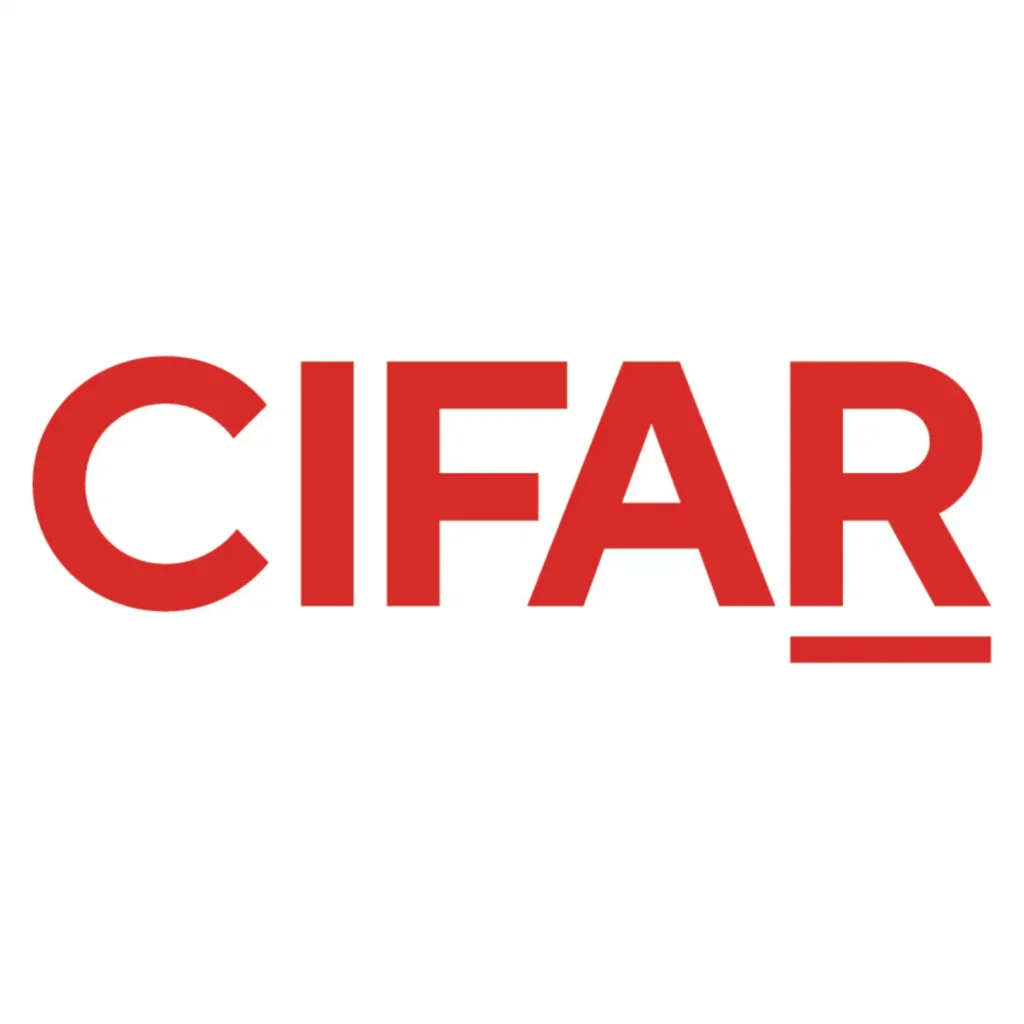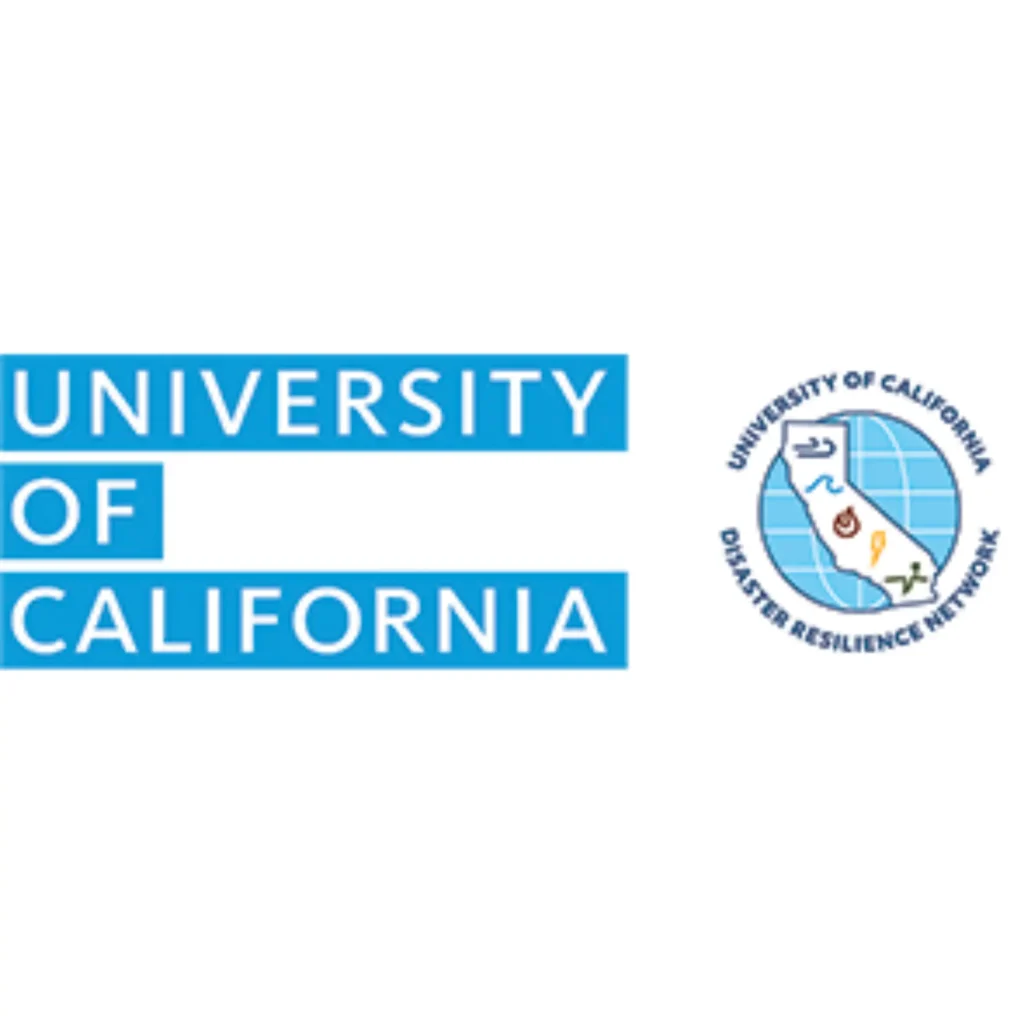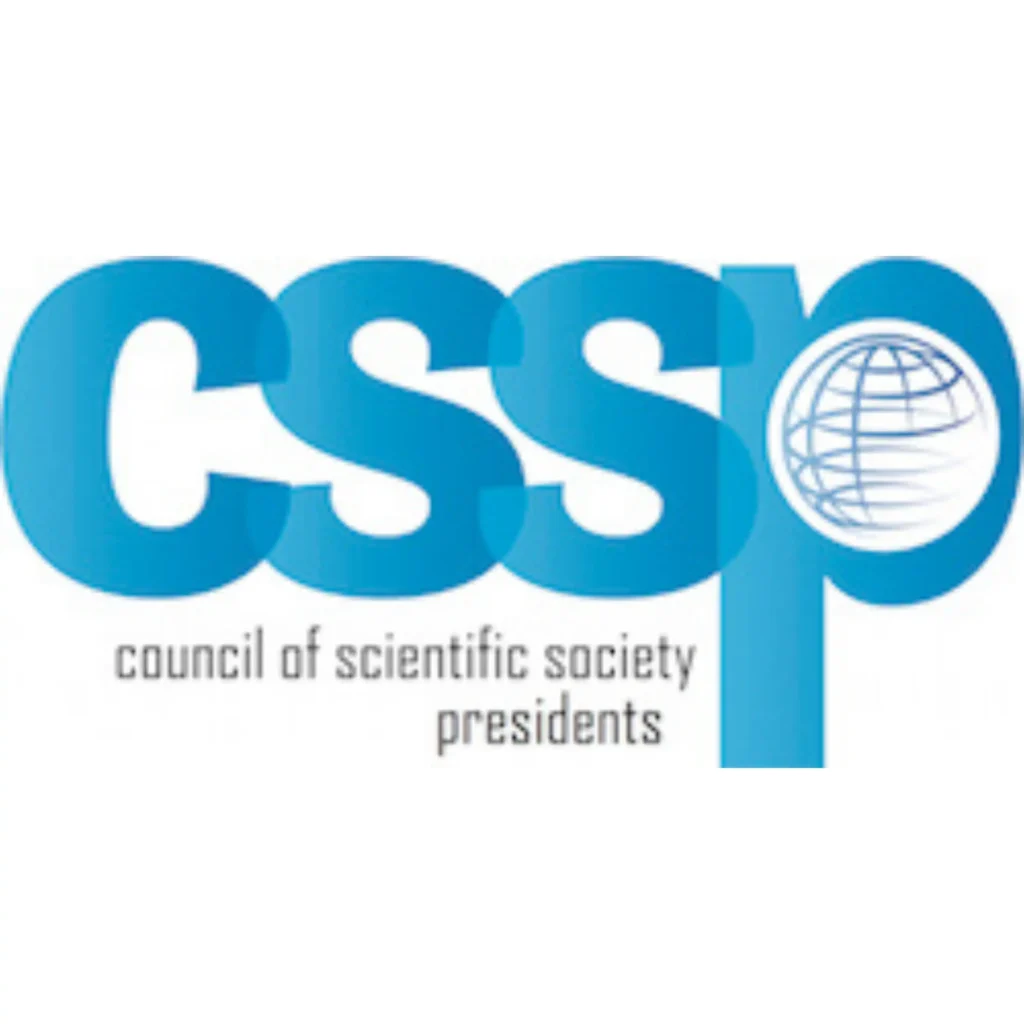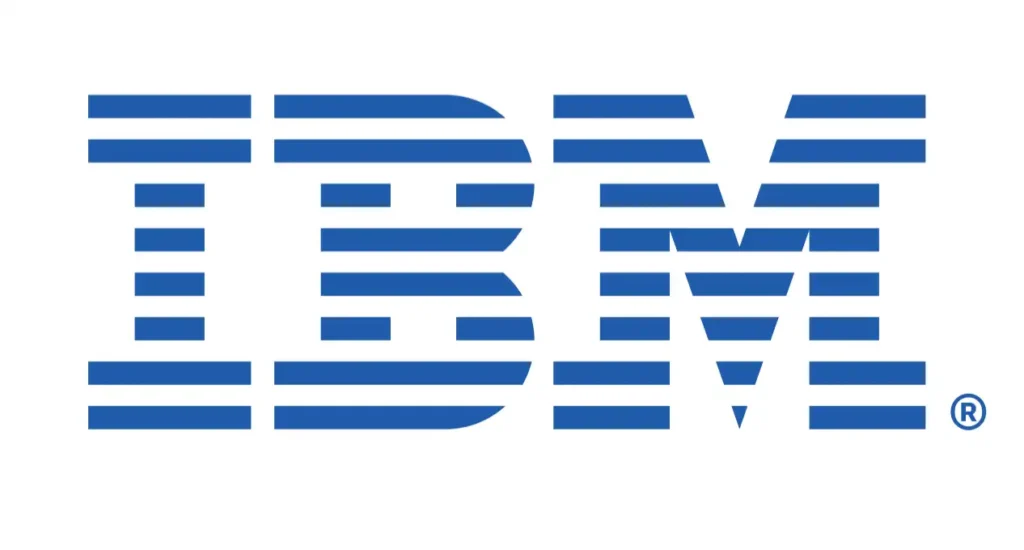Who We Are
The International Science Reserve (ISR) is a network of open scientific communities of discovery, bringing together specialized resources from across the globe to prepare for and help mitigate complex and urgent global crises.
Science Community
An ISR Science Community is a self-governing group of scientific researchers, falling broadly into a single discipline, who develop research proposals in response to crises.
Collaborators
A Collaborator is an organization working with the ISR to help enlist scientists, share knowledge or provide other types of support.
Leadership
The ISR Executive Board is the governance body charged with ensuring that the ISR achieves its goals by overseeing the mission, policies, and operations of the ISR.
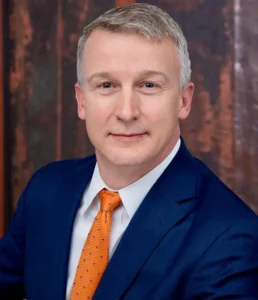
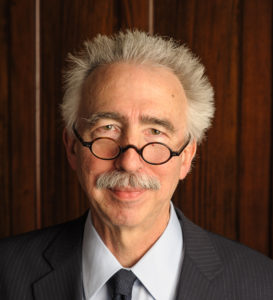
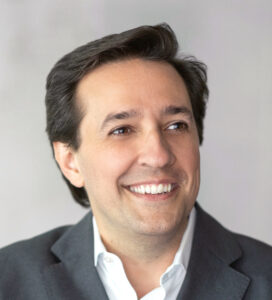
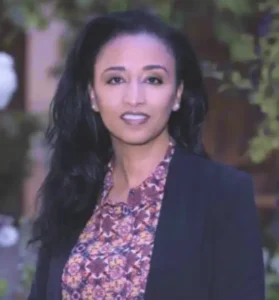
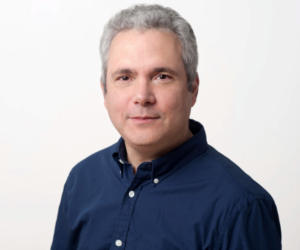
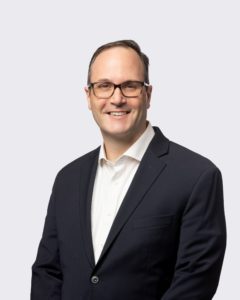
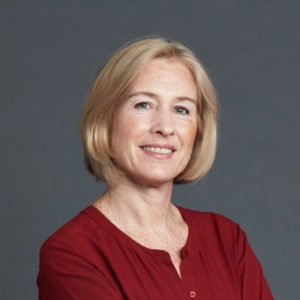

Rick Bright is currently the Chief Executive Officer of the Pandemic Prevention Institute (PPI) at The Rockefeller Foundation. Dr. Bright leads the development of the Foundation’s pandemic data-to-action platform that integrates modern technology, data analytics and global partners to help the world detect, prevent, and mitigate pandemic threats to achieve containment as quickly as possible.
Prior to this role, he served as the Deputy Assistant Secretary for Preparedness and Response and the Director of the Biomedical Advanced Research and Development Authority (BARDA), in the U.S. Department of Health and Human Services. Dr. Bright has also gained extensive experience in the biotechnology industry where he served in senior leadership and executive management roles. He has held senior scientific leadership positions in non-governmental organizations where he championed innovative vaccine development and expanded vaccine manufacturing capacity to multiple developing countries. He also spent a decade in vaccine, therapeutics, and diagnostics development at the Centers for Disease Control and Prevention. For this work, Dr. Bright received the Charles C. Shepard Science Award for Scientific Excellence.
Dr. Bright serves as an international subject matter expert in biodefense, emergency preparedness and response, pharmaceutical innovation, vaccine, drug and diagnostics development and served as an advisor to the Biden Administration, World Health Organization, the Coalition for Epidemic Preparedness Innovations (CEPI) and the National Academies of Sciences, Engineering & Medicine Forum on Microbial Threats. Dr. Bright serves as a Sr. Fellow at the Foreign Policy Association.
Dr. Bright received a Ph.D. in Immunology and Molecular Pathogenesis from Emory University and a B.S. magna cum laude in Biology and Physical Sciences from Auburn University at Montgomery.

In the eighteen months since taking over the helm of the New York Academy of Sciences, Nicholas B. Dirks, PhD, an internationally renowned historian and anthropologist, has been spearheading the Academy’s effort to provide the most leading-edge data about COVID-19 to the science and business communities as well as to the public at large. Under his leadership, the Academy has produced more than 30 virtual conferences – many of them free of charge – addressing all facets of COVID-19 research and vaccine development, featuring the world’s leading health and infectious disease experts.
As the former Chancellor at UC Berkeley, one of the world’s premier research universities, Dirks is a strong advocate for academic collaboration across disciplines and borders to solve global problems. At Berkeley, he improved facilities and programs for undergraduates while establishing a new division for the study of data science. He strengthened alumni relations and presided over record-breaking fundraising as well as invested in major research collaborations in neuroscience and genomics. Dirks developed a close working relationship with the University of California San Francisco and helped negotiate Berkeley’s participation in the $600 million Chan Zuckerberg BioHub, as well as global partnerships with universities in the UK, China, and Singapore.
Dirks was awarded a Ph.D. from the University of Chicago and has taught at the California Institute of Technology, the University of Michigan, and Columbia University. At Columbia he chaired the anthropology department, and later became executive vice president for the arts and sciences and dean of the faculty. He then served as the tenth chancellor of the University of California, Berkeley, and held the position of chancellor and vice-chairman of Whittle School & Studios.
Dirks has published four major books, including Castes of Mind, about changes to the caste system in India under British colonial rule. The book won several major awards, including the Lionel Trilling Award, and is widely taught in graduate curricula in the U.S. and India.
Dirks has held many fellowships and scholarships and received honorary degrees in Beijing, China, and Madras, India. He was awarded a Guggenheim Fellowship and MacArthur Foundation residential fellowship at the Institute for Advanced Study at Princeton. In addition, Dirks is a fellow of the American Academy of Arts and Sciences, and a Senior Fellow at the Council on Foreign Relations.

Dr. Dario Gil is IBM Senior Vice President and Director of Research.
Dr. Gil leads the technology roadmap and the technical community of IBM, directing innovation strategies in areas including hybrid cloud, AI, semiconductors, quantum computing, and exploratory science. Dr. Gil is responsible for IBM Research, one of the world’s largest and most influential corporate research labs, with over 3,000 researchers. He is the 12th Director in its 76-year history. He is also responsible for IBM’s intellectual property strategy and business.
Dr. Gil is a globally recognized leader in the quantum computing industry. Under his leadership, IBM was the first company in the world to build programmable quantum computers and make them universally available through the cloud.
An advocate of collaborative research models, Dr. Gil co-chairs the MIT-IBM Watson AI Lab, which advances fundamental AI research to the broad benefit of industry and society. He also co-chairs the COVID-19 High-Performance Computing Consortium, which provides access to the world’s most powerful high-performance computing resources in support of COVID-19 research.
Dr. Gil is a member of the National Science Board (NSB), the governing body of the National Science Foundation (NSF), serves on the President’s Research Council of the Canadian Institute for Advanced Research (CIFAR), and the MIT School of Engineering Dean’s Advisory Council.
Dr. Gil is on the boards of the Semiconductor Industry Association (SIA), New York Academy of Sciences, New York Hall of Science, and Research! America.
Dr. Gil received his Ph.D. in Electrical Engineering and Computer Science from MIT.

As Chief Medical Officer of Pfizer, Aida Habtezion leads Pfizer’s Worldwide Medical & Safety organization responsible for ensuring that patients, physicians, and regulatory agencies are provided with information on the safe and appropriate use of Pfizer medications.
Prior to joining Pfizer, Dr. Habtezion was a practicing physician and scientist at Stanford University’s School of Medicine, Division of Gastroenterology and Hepatology. She is board certified in Gastroenterology in both Canada and the United States. She led a large translation research lab funded by multiple NIH, DOD, and foundation grants focused on understanding disease mechanisms and identifying potential immune-based therapeutic targets for pancreatic and intestinal inflammatory diseases and their long-term complications such as cancer. Her research also included understanding the effect of environmental factors such as cigarette smoke and the interaction of the immune-enteric nervous system in GI motility disorders. She also served as an Associate Dean for Academic Affairs, a faculty member in Stanford’s Immunology Ph.D. program, Neuroscience Institute, Cancer Institute, Maternal & Child Health Research Institute, interdisciplinary biosciences institute Bio-X, and faculty fellow at Stanford’s ChEM-H (Chemistry, Engineering & Medicine for Human Health). Dr. Habtezion served in several national and international study sections, including six years in the NIH study section, American Gastroenterological Association (AGA) Institute Research Awards, and AGA Research Policy Committee. Dr. Habtezion is the recipient of the Robert Wood Johnson Harold Amos Medical Faculty Development Award, Gastroenterology & Hepatology Teaching Award, the Immunology Faculty Mentor of the Year, and the Kenneth Rainin Foundation Synergy Award. She is a Fellow of the American Gastroenterological Association, an Allen Distinguished Investigator, elected member of the American Society for Clinical Investigation (ASCI) and the Association of American Physicians (AAP). She currently serves in The New York Academy of Sciences Board of Governors, as an Executive Board member for the International Science Reserve, and is the American Pancreas Association (APA) President.
Dr. Habtezion is a tenured and endowed Professor of Medicine, currently on a leave of absence from Stanford University.
Dr. Habtezion obtained her Bachelor of Science in Chemistry from the University of Alberta and Master of Science in Nutritional Sciences from the University of Guelph. She completed her medical degree from McMaster University. Dr. Habtezion completed her Internal Medicine residency from the University of Western Ontario and Gastroenterology & Hepatology clinical fellowship from the University of Toronto in Canada. Following her clinical fellowship training, she obtained postdoctoral research training in Immunology at Stanford University.
Dr. Habtezion was born in Eritrea and has lived on three continents and four countries. She enjoys traveling, music, and learning about different cultures.

Philip Nelson leads a research team at Google applying machine learning and advanced computational techniques to science and healthcare challenges. He joined Google in 2008 with the acquisition of his startup and was previously responsible for a range of Google apps and geo services. He graduated from MIT in 1985 where he did award-winning research on hip prosthetics at Harvard Medical School. Philip helped found and lead several Silicon Valley startups in search, optimization, and genome sequencing, and was also an Entrepreneur in Residence at Accel Partners. Philip has lectured at Harvard, MIT, Caltech, Stanford, and other universities and has delivered keynote addresses at multiple conferences and events.

Robert Slone is the Senior Vice President and Chief Scientist for UL Solutions. Rob recently joined UL Solutions from Honeywell where he served as Chief Technology Officer for Advanced Materials and UOP.
Rob’s formal technical training is in Chemistry and Materials Science. Rob earned his Bachelor’s degree in Chemistry from the University of North Carolina at Chapel Hill, his Ph.D. in Inorganic Chemistry from Northwestern University, and his MBA from the University of Chicago Booth School of Business. His 24 years of experience in industry cover the areas of Polymer Science, Electronic Materials, Alternative Energy, Sustainability, Oil and Gas Solutions, Agricultural Chemicals, Coatings, Formulated Products, and Adhesives research, product development, and customer engagement.
He has served on the boards of the Consumer Specialty Products Association, the Alliance for Consumer Education, and the Innovation Research Interchange. Rob has authored 23 publications and four book chapters; he has earned 22 patents.

Lorna Thorpe, Ph.D. is professor and director of the Division of Epidemiology at the NYU Grossman School of Medicine in the Department of Population Health, where she also serves as vice chair for strategy and planning.
Reflecting her career trajectory working in both public health practice (domestically and internationally) and academic settings, Dr. Thorpe’s research focuses on the intersection between epidemiology and policy, on improving population health surveillance, and on the impacts of policy and social conditions on health outcomes. Dr. Thorpe currently leads several NIH and CDC-funded research initiatives, including a CDC-funded Prevention Research Center.
For many of her studies, she analyzes large-scale electronic health records and claims data, and she has conducted numerous population-based studies involving surveys and biospecimen collection.
The Executive Committee is the governance body responsible for day–to–day operations of the ISR.
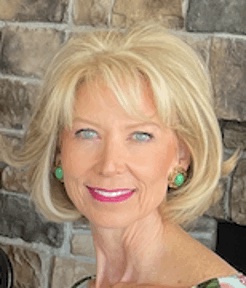

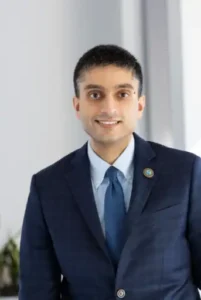
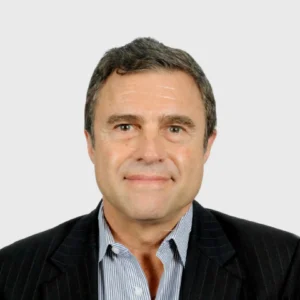
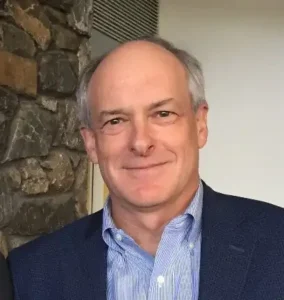





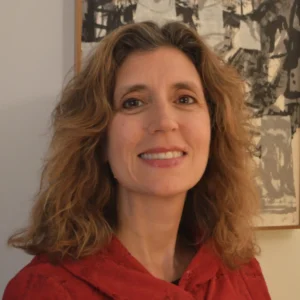


Mila Rosenthal has over 20 years of international experience as a leader, communicator, and educator on economic, social, climate, and environmental issues. Most recently, as Director of Communications and Advocacy for the United Nations Development Programme, she spearheaded global public policy advocacy across 170 countries for the UN’s largest agency to combat poverty, inequality, and climate change. She currently also teaches at Columbia University as an Assistant Professor of Human Rights, and is the co-founder of Planet Reimagined, a start-up non-profit climate impact venture.
Previously, Dr Rosenthal held executive positions at Amnesty International, HealthRight International, and Concern Worldwide. She worked extensively on public health, anti-poverty, and human development efforts in countries in Africa, and before that in Southeast Asia, where she served with the UN peacekeeping mission in Cambodia.
Dr Rosenthal earned her PhD in social anthropology from the London School of Economics, based on two years of ethnographic research in Vietnam with women factory workers in the garment industry.

Benjamin Young develops innovative global programs and partnerships that advance scientific research and policy for the public good. At the International Science Reserve, he collaborates with ISR Executive Director Mila Rosenthal, the NYAS team, and partners to support and advance a growing network of leading scientists, institutions, and companies that has come together across disciplines and borders to prepare for and mitigate some of the world’s most pressing crises.
Benjamin brings to ISR a background leading strategic initiatives and program development in wide-ranging roles across public, private, nonprofit, and philanthropic settings. He helped the American Council of Learned Societies create opportunities for academics to apply their skills to real-world public benefit projects, spearheaded creative solutions to the challenges facing underserved communities at the American Red Cross, led the design of global equitable access initiatives at JSTOR, and elaborated some of the Obama Campaign’s strategic and engagement initiatives. Building on a steadfast commitment to resilient and equitable societies, some of his other past roles have involved designing and managing social impact grant-making programs, building teams and capacity for organizations large and small, crafting policy, and establishing public-private strategic partnerships.
Benjamin received a PhD in French and Romance Philology, and in Comparative Literature and Society from Columbia University after completing a joint MA/BA at UCLA. He has held teaching appointments at Columbia, Princeton, and the Ecole Normale Superieure in France.
Partners
Partners are institutions (university, government agency, foundation, consortium, corporation, etc.) or individuals that have agreed to provide financial or substantial in-kind support to build the ISR’s capacity for response.

